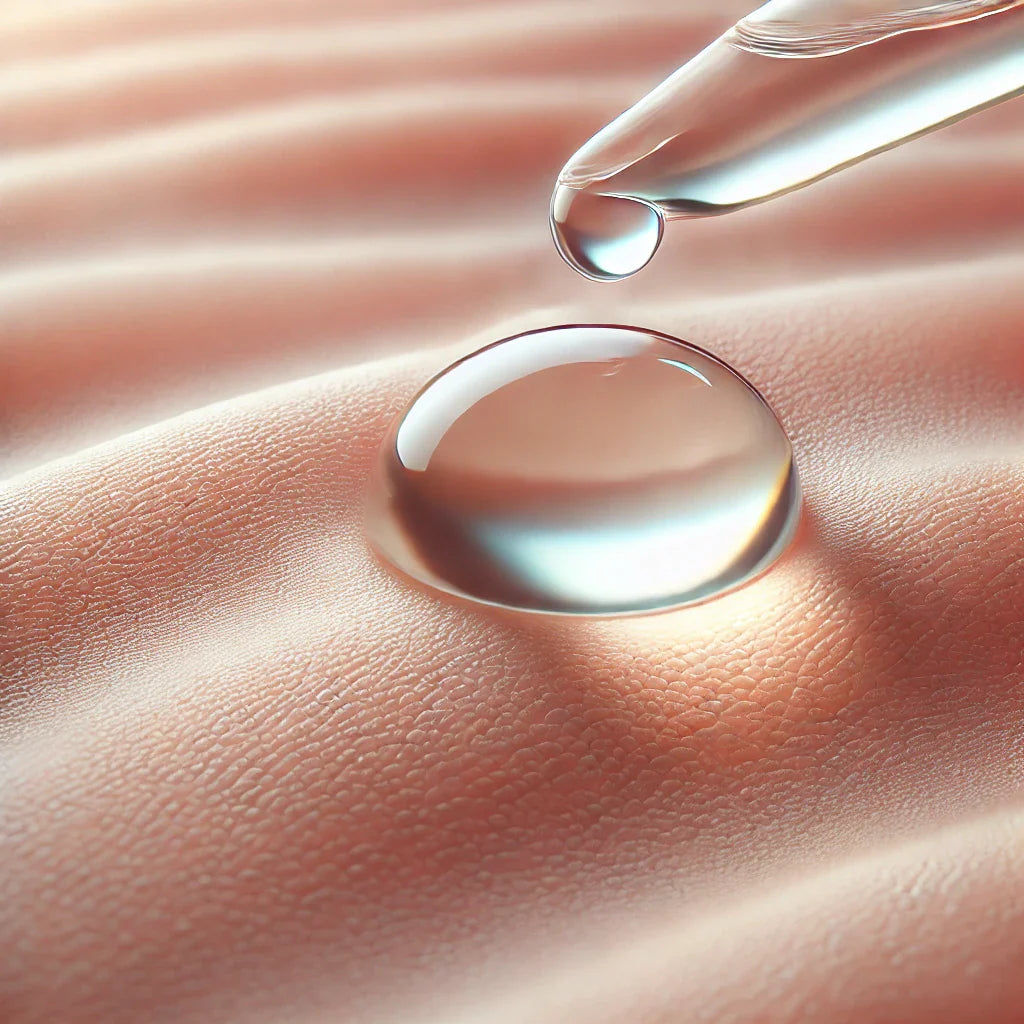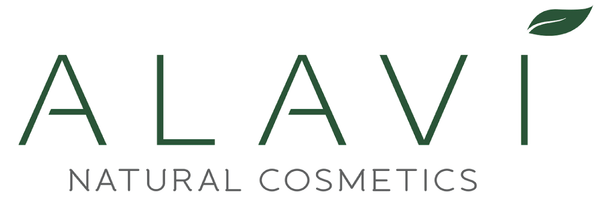
Unlocking the Power of Low Molecular Weight Hyaluronic Acid in Skincare
Share
Introduction
In the ever-evolving world of skincare, few ingredients have garnered as much attention as hyaluronic acid. Celebrated for its remarkable hydrating properties, hyaluronic acid has become a staple in skincare routines across the globe. However, not all hyaluronic acid is created equal. Among its various forms, low molecular weight hyaluronic acid (LMW-HA) stands out for its unique ability to penetrate deeper into the skin, offering enhanced benefits beyond surface hydration. This article will reveal what makes LMW-HA so unique, how it works, and why it should be a key component of your skincare regimen.
What is Low Molecular Weight Hyaluronic Acid?
Hyaluronic acid is a naturally occurring substance in the body, primarily found in the skin, eyes, and connective tissues. It is a powerful humectant, attracting and retaining water to keep tissues hydrated and plump. Traditional hyaluronic acid, often referred to as high molecular weight hyaluronic acid (HMW-HA), has a larger molecular size, which limits its ability to penetrate the skin. As a result, it typically remains on the surface, providing a temporary moisture boost.
On the other hand, low molecular weight hyaluronic acid is composed of smaller molecules. This size reduction enables it to penetrate the skin's skin barrier and reach the deeper layers, where it can deliver more substantial and long-lasting benefits. LMW-HA is often used in advanced skincare formulations to address deeper skin concerns, such as wrinkles, loss of elasticity, and chronic dryness.
The Science Behind Low Molecular Weight Hyaluronic Acid
The molecular weight of hyaluronic acid is measured in Daltons (Da). High molecular weight hyaluronic acid typically ranges from 1 million to 1.5 million Daltons, while low molecular weight variants are significantly smaller, often ranging from 50,000 to 300,000 Daltons. This smaller size allows LMW-HA to penetrate the stratum corneum—the skin's skin's top layer—and reach the dermis, where it can exert its effects more effectively.
The ability of LMW-HA to penetrate the skin is a game-changer in skincare science. When it reaches the dermis, LMW-HA can enhance the skin's skin from within, leading to improved elasticity, reduced appearance of fine lines, and a more youthful complexion. Additionally, LMW-HA has been shown to stimulate collagen production, a protein crucial for maintaining the skin's structural integrity and firmness.
Benefits of Low Molecular Weight Hyaluronic Acid
- Deep Hydration: Unlike its high molecular weight counterpart, LMW-HA doesn't do it on the skin's skin. Its smaller molecules penetrate deeply, delivering moisture to the skin's layers. This deep hydration helps to maintain the skin's skin's balance, preventing dryness and flakiness and ensuring a soft, supple complexion.
- Enhanced Anti-Aging Effects: LMW-HA'LMW-HA'sy ability to reach the dermis makes it particularly effective in combating signs of aging. By boosting hydration and stimulating collagen production, it helps reduce the appearance of fine lines and wrinkles while also improving skin elasticity and firmness.
- Improved Skin Barrier Function: A healthy barrier protects the skin from environmental aggressors and prevents moisture loss. LMW-HA supports the skin barrier by reinforcing its structure, making the skin more resilient and better able to retain moisture.
- Long-Term Results: While high molecular weight hyaluronic acid offers immediate but temporary hydration, LMW-HA provides longer-lasting effects. Its deep penetration means the benefits are sustained over time, leading to cumulative improvements in skin texture and appearance.
- Suitable for All Skin Types: LMW-HA is gentle and non-irritating, making it ideal for all skin types, including sensitive skin. Its hydrating properties can also benefit oily and acne-prone skin, as proper hydration helps to balance oil production and reduce the likelihood of breakouts.
How to Incorporate Low Molecular Weight Hyaluronic Acid into Your Skincare Routine
Integrating LMW-HA into your skincare routine is simple and can significantly enhance the efficacy of your other skincare products. Here are some tips on how to do it:
- Choose the Right Product: LMW-HA is available in various forms, including serums, creams, and moisturizers. Serums are often the most potent option, as they typically contain higher concentrations of active ingredients. Look for products that list low molecular weight hyaluronic acid on the label to ensure you're in the proper form.
- Layering Your Skincare: Apply your LMW-HA serum after cleansing and toning but before heavier creams and oils for optimal results. This allows the hyaluronic acid to penetrate the skin more effectively. Follow up with a moisturizer to lock in the hydration and create a protective barrier.
- Use with Complementary Ingredients: LMW-HA works well with other hydrating and anti-aging ingredients. Pair it with niacinamide for enhanced barrier support, or combine it with vitamin C for an antioxidant boost that can brighten the skin and protect against environmental damage.
- Consistency is Key: Like most skincare ingredients, LMW-HA's benefits become more apparent with regular use. Incorporate it into your daily routine, and over time, you'll see improvements in your skin's skin's texture, and overall appearance.
Debunking Common Myths About Hyaluronic Acid
Despite its popularity, several things surrounding hyaluronic acid could be improved, particularly when it comes to its molecular weight. Let's let's some of these myths:
- Myth 1: All Hyaluronic Acid is the Same. This is not true. The molecular weight of hyaluronic acid significantly affects its function and efficacy. While high-molecular-weight HA is excellent for surface hydration, low-molecular-weight HA is superior for deep skin penetration and long-term benefits.
- Myth 2: Hyaluronic Acid is Only for Dry Skin: While hyaluronic acid is highly beneficial for dry skin due to its hydrating properties, it's also suitable for oily and combination skin types. Proper hydration can help balance oil production and reduce the occurrence of breakouts.
- Myth 3: Hyaluronic Acid Can Replace Moisturizers: Although hyaluronic acid is a powerful hydrator, it should not replace your moisturizer. Instead, it should be used with a moisturizer to enhance hydration and lock in moisture.
The Future of Skincare with Low Molecular Weight Hyaluronic Acid
As skincare technology advances, low molecular weight hyaluronic acid will likely become even more widespread. Researchers are exploring new ways to optimize its delivery and effectiveness, potentially leading to even more innovative skincare solutions. In addition, the trend towards personalized skincare could see LMW-HA being tailored to individual skin needs, providing even more targeted benefits.
With its unique ability to penetrate the skin's skin's layers and deliver lasting hydration and anti-aging benefits, low molecular weight hyaluronic acid is poised to remain a key player in the skincare industry for years to come.
Conclusion
Low molecular weight hyaluronic acid is a powerhouse ingredient that offers a range of benefits beyond what traditional hyaluronic acid can provide. From deep hydration to enhanced anti-aging effects, LMW-HA has the potential to transform your skincare routine and deliver visible, long-term results. Whether you're going to combat dryness, reduce the appearance of wrinkles, or maintain a healthy, youthful complexion, incorporating LMW-HA into your skincare regimen is a wise choice.
As with any skincare ingredient, consistency is critical. By making LMW-HA a regular part of your routine, you can enjoy its many benefits, ensuring your skin remains hydrated, plump, and radiant.
